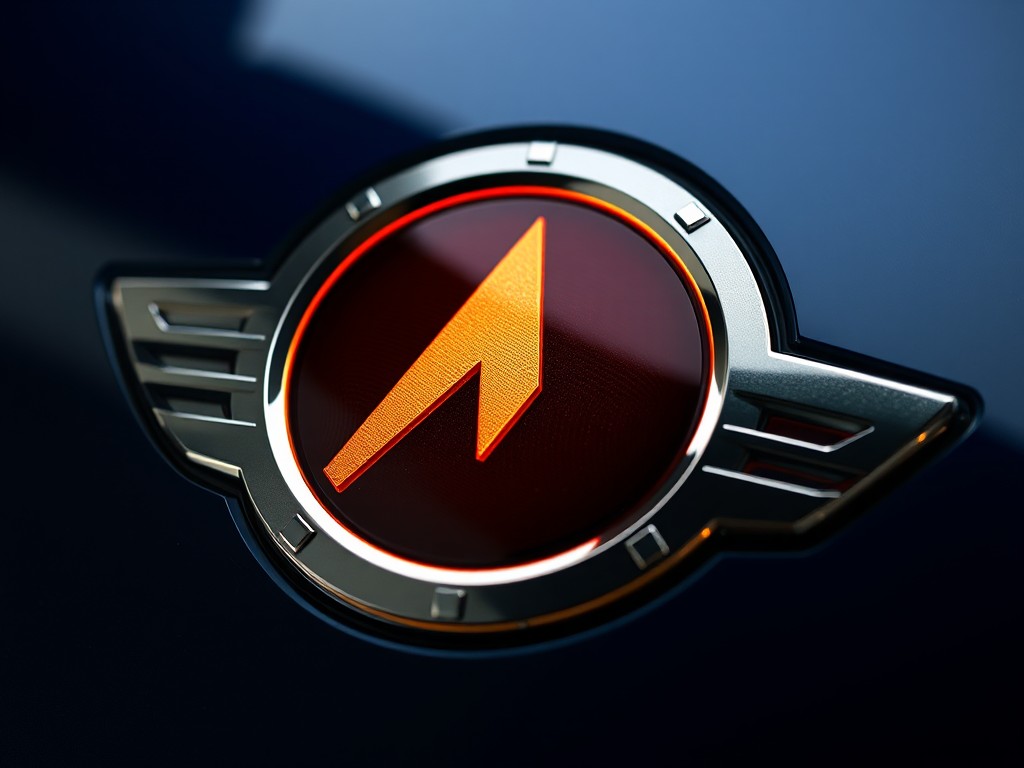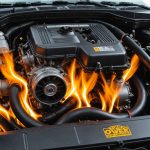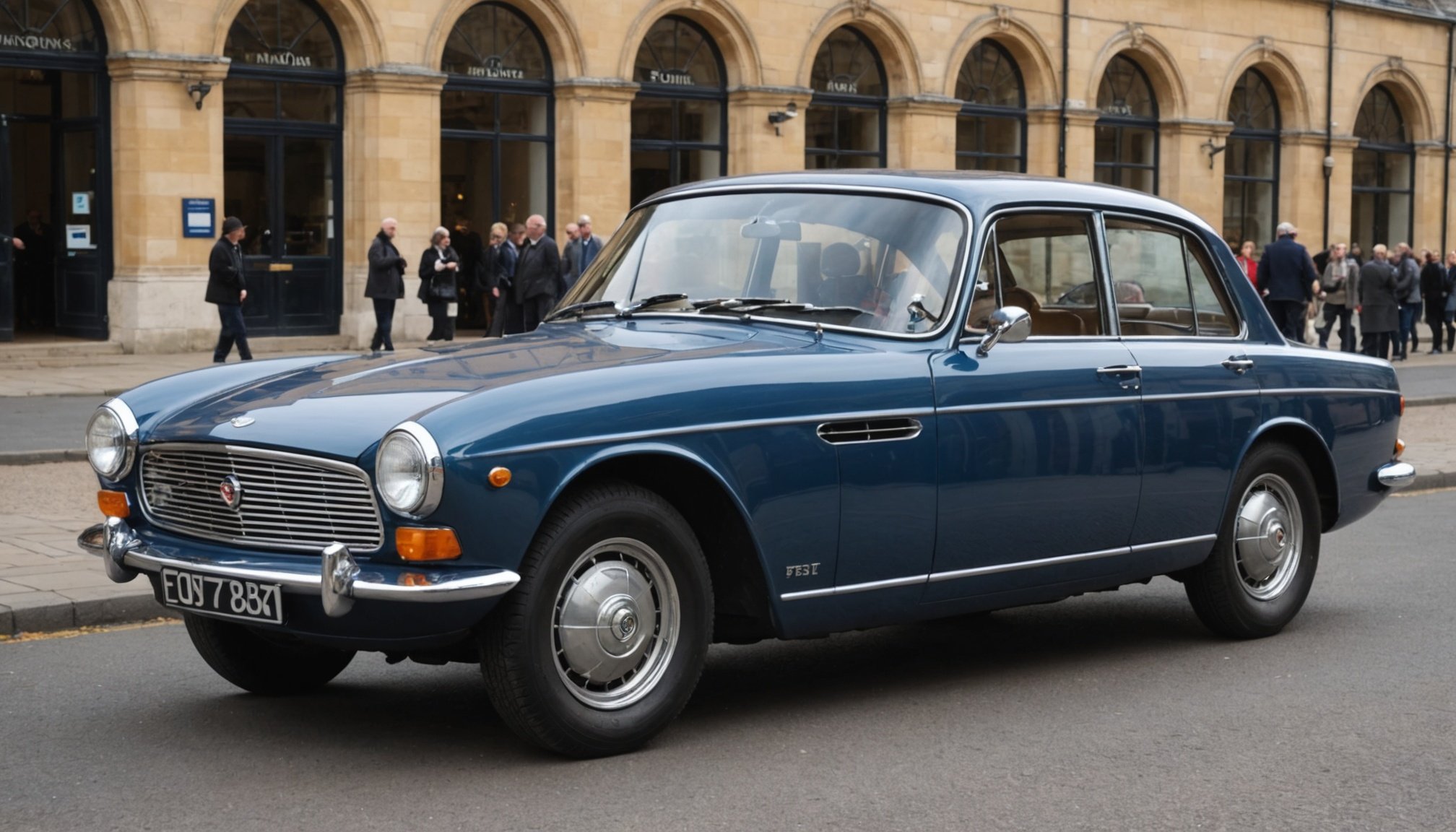In the realm of classic cars, one question often surfaces: can you adapt universal parts to a UK-made classic car? This topic may appear complex at first glance, given the importance of preserving the authenticity of vintage vehicles. However, the answer is not straightforward as it depends on several factors such as the specific part, the car model, and even the driver’s preferences. This article aims to provide an in-depth exploration into this subject, distinguishing the nuances between universal and original car parts, engine adaptability, and considering the price and quality parameters of these products.
Identifying the Specifics of Classic Cars
Classic cars are not simply old cars. They embody a rich history of automotive engineering and are often acknowledged as examples of high-quality design and craftsmanship. Preserving the originality of these cars can be a complicated task, involving time, effort, and, indeed, money.
Also to see : Which air filters provide the best performance for UK sports cars?
When it comes to the idea of replacing parts in a classic car, especially a UK-made one, the first thing to remember is that these vehicles were not constructed with today’s mass-produced, universal parts. The engines, air filters, rubber tyres, and other components were each meticulously designed for a specific model. Therefore, it is crucial to understand what kind of parts will fit your car before you start searching.
However, this is not to say that universal parts are completely off the table. They can be used, but with discretion. The use of such parts should ideally be limited to non-essential components that do not significantly impact the car’s overall performance or appearance.
Topic to read : What is the best way to repair alloy wheels on British cars?
Universal Vs. Original Parts: Pros and Cons
Making the decision between universal and original parts will depend on a multitude of factors such as availability, costs, and personal preferences. Original parts are typically the best choice for those who wish to preserve the vehicle’s authenticity. These parts uphold the car’s value and ensure that it continues to function as intended by the original manufacturers.
Conversely, universal parts come with their own advantages. They are often more affordable in terms of price compared to original parts. Furthermore, universal parts are usually more readily available and easier to find. However, the downside is that they may not be an exact fit for your classic car. This could potentially lead to further complications over time, causing more harm than good in the long run.
Engine Adaptability: A Key Consideration
Engines are the heart of any vehicle. When it comes to classic cars, the engine’s integrity is all the more crucial. Attempting to replace engine parts with universal alternatives can be a risky affair.
Consider the air filters, for instance. Universal air filters may fit many different cars, but a classic car may require a specific type of air filter to function optimally. The same principle applies to other engine parts as well. Therefore, replacing engine components with universal parts requires a thorough check and understanding of the possible impacts it could have on your classic car’s performance.
Price Vs. Quality: Finding the Balance
The old adage, ‘you get what you pay for,’ rings especially true when dealing with classic car parts. While universal parts may appear cheaper on the surface, the long-term costs of maintenance or potential damage may overshadow any initial savings.
On the other hand, the price of original parts can often be quite high. Yet, these parts are designed to fit your specific vehicle model, ensuring a superior quality and compatibility. It is crucial to strike a balance between cost and quality when choosing between universal and original parts.
Making the Right Choice: A Matter of Personal Preference
When it comes to classic cars, decisions often boil down to personal preferences. Some owners prioritize maintaining the originality of the vehicle, even if it means higher costs. They may prefer to wait for a specific original part to become available rather than opting for a universal one.
Others might be more flexible, willing to use universal parts as long as they do not significantly alter the car’s overall performance or aesthetics. The choice ultimately lies with the car owner. The most important thing is to make sure those decisions are well-informed, considering all the factors discussed above.
In sum, fitting universal parts to a UK-made classic car is possible, but it comes with its own set of challenges and considerations. It calls for a careful analysis of the specifics of your car, a clear understanding of the pros and cons of universal and original parts, and a careful assessment of the engine adaptability and the balance between price and quality. So consider your options carefully, seek professional advice if needed, and make the decision that suits your objectives and preferences the best.
Understanding the Specifics of Catalytic Converters and Ignition Coils
Catalytic converters and ignition coils are two integral components of a vehicle’s engine system, and their specifics are crucial when considering replacement parts for a classic car. In the case of a classic auto, like a Plymouth Fury or a Range Rover, these parts were designed and manufactured with a high level of precision, specific to the vehicle’s make and model.
A catalytic converter, for instance, plays a significant role in reducing harmful emissions from the car’s exhaust system. When replacing this part, it’s essential to consider the compatibility of a universal component versus the original one. A universal catalytic converter may not be as efficient in controlling the emission levels as the specific one designed for your classic car, potentially leading to complications with emission standards and the overall functionality of the vehicle.
Similarly, the ignition coil, responsible for supplying power to the spark plugs, needs to be compatible with the rest of the engine components to ensure optimal performance. A universal ignition coil may not provide the exact voltage required by your classic car’s engine, resulting in subpar performance or even a break down.
Therefore, understanding the intricacies of such parts and their roles in your car’s performance is indispensable. The direct fit of parts is essential for a classic car’s optimal functioning. When it comes to replacing these components, it’s advisable to always opt for the original parts if possible or seek professional advice before using a universal one.
The Role of Air Conditioning in Classic Cars
Air conditioning in classic cars, such as an Aston Martin or Plymouth Fury, is not merely a luxury but an integral part of the vehicle’s original design. However, over time, these systems can fail or become less efficient. Finding the right replacement parts can be a challenging task.
Universal air conditioning parts might seem like an affordable and accessible alternative, but they may not always be the best choice. The original air conditioning system in a classic car is designed specifically for the vehicle’s internal settings and layout. Using a universal part might result in inadequate cooling, higher fuel consumption, and potential damage to other components due to a mismatch in the system.
When considering breakdown cover, it’s essential to note that using universal air conditioning parts might affect this. Some insurance policies may not cover damages resulting from the usage of universal parts as they could be seen as contributing to the breakdown.
Again, it boils down to the golden rule of classic car maintenance: Original parts remain the best option to maintain the performance and authenticity of the vehicle. However, if using a universal part is the only viable option, it’s advisable to consult with an expert in classic cars to ensure the part is compatible and won’t negatively impact the vehicle’s performance or value.
Conclusion: Navigating the Classic Car Parts Maze
In the realm of classic cars, the decision to use universal parts in place of original ones is not to be taken lightly. While universal parts might seem an easy fix, especially when original parts are hard to find or expensive, they might not be the best solution in the long run.
Classic cars, whether it’s a Range Rover, an Aston Martin, or a Plymouth Fury, were designed and crafted with bespoke parts. These parts were not merely functional but were also integral to the car’s overall aesthetics and performance. Using universal parts might affect the vehicle’s performance, longevity, and ultimately its value.
The decision to use universal parts should not be based solely on price or availability. It’s imperative to consider the long-term impact on the vehicle’s performance, the potential cost of future repairs, and whether the universal part is compatible with your classic car’s specific model.
When it comes to classic car maintenance, the devil is indeed in the details. While the journey of finding and fitting the right part can be challenging, it’s part of the charm and character that make classic cars so beloved to their owners. After all, you don’t buy a classic car because it’s easy, but because it’s worth it.











